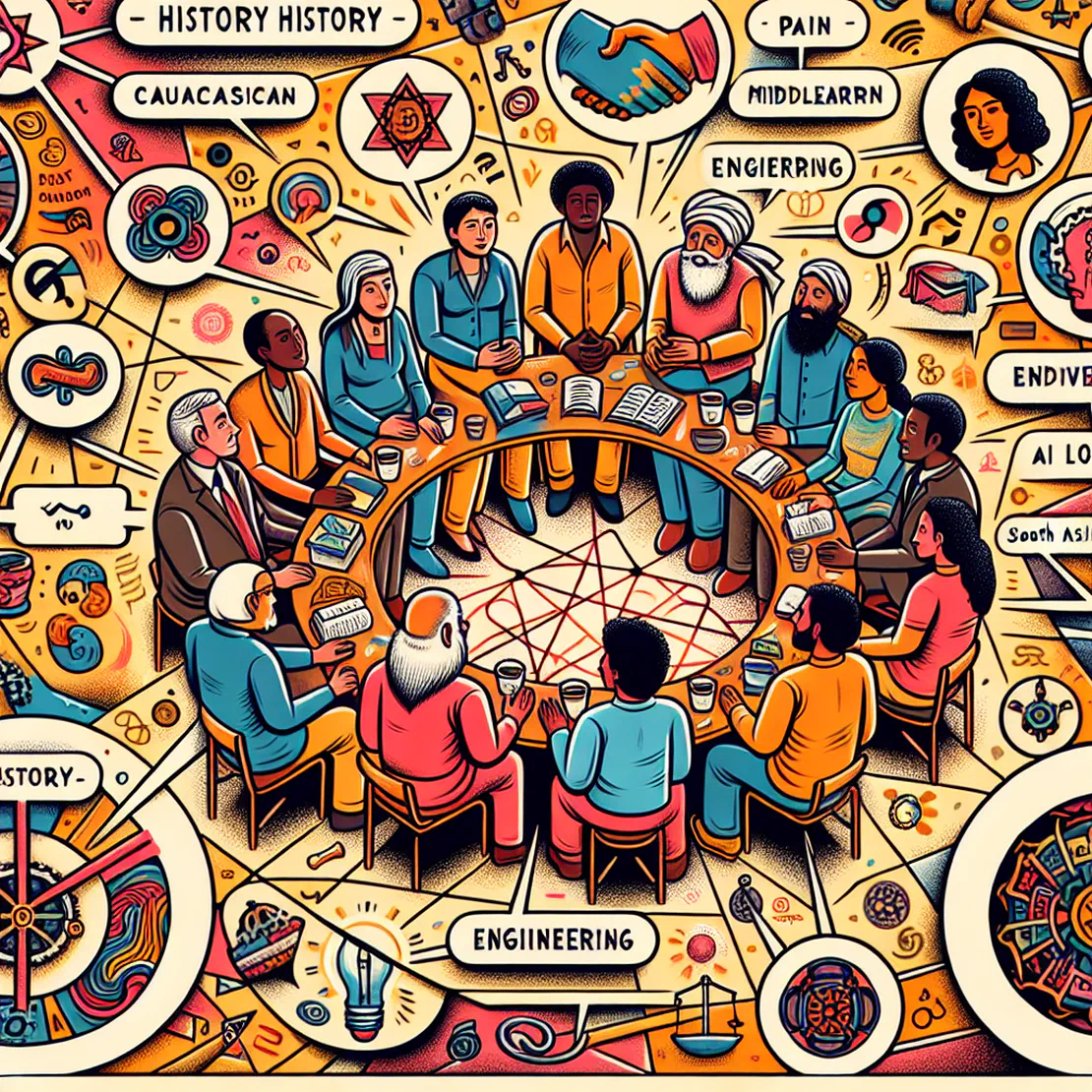
#845 - Ben Shapiro - Has America Completely Lost Its Mind?
- Modern Wisdom
- Politics , America , Election
- September 30, 2024
Table of Contents
At a Glance
-
Struggle with Audience Expectations - ‘Is that the thing my audience wants to do? Is that something I can justify spending money to actually produce?’ This reflects the creator’s constant battle to balance personal interests with audience expectations, a common challenge in content creation.
-
Exploration of Historical Education - ‘I think the audience would dig that and I think that’d be very cool.’ This point highlights the enthusiasm for engaging with historians to deepen the understanding of significant historical events, showing the value placed on educational content.
-
Longevity of Content - ‘I think it has shelf life. I think it’ll last the test of time.’ Discusses the challenge of creating lasting content in a digital age where information is rapidly consumed and forgotten.
-
Impact of Daily News Consumption - ‘There’s nothing on daily news on my nightstand.’ Indicates a deliberate choice to engage with more in-depth, enduring topics rather than transient daily news, hinting at personal content consumption preferences.
-
Dealing with Public Criticism - ‘It sort of depends on from whom.’ Reveals the thought process on handling criticism, emphasizing the importance of a trusted feedback loop to maintain perspective and growth.
-
Content Creation vs. Reactionary Culture - ‘If you get attacked a thousand times on a thing, you tend to believe that… it’s because what you said is truly necessary.’ This comment touches on the dynamics of feedback and criticism in shaping public figures’ views and statements.
-
Humor as a Coping Mechanism - ‘I make jokes about my physique all the time, right? Like I’ll be reading an ad for vitamins or for protein drinks…’ Showcases the use of self-deprecating humor as a strategy to connect with the audience and handle personal insecurities.
What to Do
-
‘Transcend yourself and affect things’ - Moving beyond self-centered perspectives can lead to greater impact and fulfillment in life.
-
‘Be careful about what you pretend to be’ - Our actions and roles can shape our identity, potentially leading us to become caricatures of ourselves if not mindful.
-
‘Maintain authenticity’ - Staying true to oneself across different platforms and situations helps in aligning one’s public image with their private identity.
-
‘Embrace intellectual curiosity’ - Constant learning and exploring new fields prevent stagnation and keep the mind engaged.
-
‘Recognize the importance of breaks’ - Overworking can lead to diminishing returns and personal unhappiness, making it essential to take breaks to recharge.
-
‘Value structured time off’ - Regularly scheduled downtime, like observing Shabbat, can provide essential rest and mental space.
-
‘Engage in meaningful activities’ - Actions like changing diapers or community service are intrinsically valuable and fulfilling.
-
‘Practice virtuous actions to develop virtue’ - Building character through consistent, positive actions rather than mere contemplation.
-
‘Allow personal change despite public expectations’ - Balancing personal growth with public perceptions is crucial for authenticity.
-
‘Create a healthy feedback loop’ - Having trusted individuals who can provide honest feedback helps maintain personal and professional integrity.
-
‘Prioritize values in relationships’ - Shared values are foundational in relationships, more so than other aspects like physical attraction.
-
‘Communicate openly and regularly in relationships’ - Transparency with partners about feelings and challenges prevents buildup of resentment and misunderstandings.
-
‘Take dedicated time for relationships’ - Regular, quality time with partners strengthens bonds and provides opportunities for deeper connection.
-
‘Respond constructively to criticism’ - Differentiating between useful feedback and harmful criticism is crucial for personal growth and mental health.
-
‘Avoid audience capture’ - Staying true to one’s values and beliefs in the face of public criticism or praise ensures integrity and authenticity.
What to Get
-
The Ben Shapiro Show
-
Vitamins, Protein Drinks - Mentioned in the context of maintaining physical health and fitness.
Summary
This podcast episode features a dynamic and intense conversation primarily centered around the political commentator and media figure, Ben Shapiro, who is known for his sharp political insights and involvement in media. The discussion delves into various facets of current and past political climates, particularly focusing on election cycles, the role and impact of media in politics, and Shapiro’s personal experiences and philosophies.
The conversation begins with Shapiro reflecting on the unique and chaotic nature of current election years compared to previous ones. He emphasizes his active involvement in the political scene, including campaigning for various Senate candidates, highlighting the high stakes and his personal investment in the outcomes. The discussion also touches upon the unpredictability of the election process, including unusual occurrences such as candidates being replaced swiftly and multiple assassination attempts on political figures, underscoring the intense and sometimes bizarre nature of modern political campaigns.
Shapiro also shares insights into his own projects and aspirations, such as his interest in creating content that combines historical analysis with current affairs, notably through discussions with historians about significant events like World War II. He expresses a constant struggle between pursuing projects that personally interest him and those that will resonate with his audience, reflecting on the balance between personal interests and audience expectations in media production.
Further, Shapiro discusses the challenges of content creation in the digital age, questioning the permanence and impact of video content versus written works. He explains his continued interest in writing books, considering them a more enduring form of content. This part of the conversation provides a glimpse into Shapiro’s thought process on content legacy and the digital consumption landscape.
The episode also explores deeper personal and philosophical themes such as the impact of public perception and criticism on personal identity. Shapiro candidly discusses how public and private personas can differ and the pressures that public figures face in maintaining authenticity while managing public expectations and criticisms.
Overall, the podcast provides a comprehensive look into Ben Shapiro’s political and personal life, offering insights into the complexities of navigating modern media landscapes, the intricacies of political campaigns, and the personal philosophies that influence public figures like Shapiro. It combines discussions on broad political dynamics with personal anecdotes and philosophical musings, making it a thought-provoking listen on several levels.


